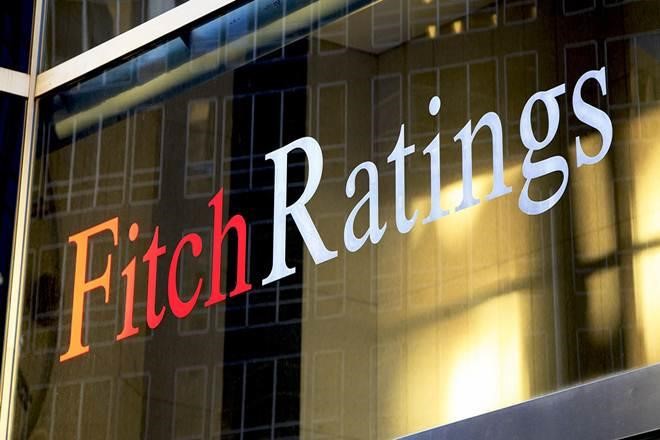After a series of negative information ranging from a hat-trick of coupon defaults on dollar bonds to deteriorating economic conditions exacerbated by a COVID19 pandemic, Africa’s second largest copper producer, Zambia was on April 12 rated ‘CCC’ on its local currency debt (from ‘CC’) while maintaining default (‘RD’) on the foreign currency portion of its debt.
The rating agency noted the real possibility of a local currency default, on the back of the red metal producers weak public finances and tight domestic financing conditions. Fitch estimates the 2020 general government deficit widened to 12% of GDP and forecasts a 2021 deficit of 10.3%. General government debt reached an estimated 114% of GDP at end-2020, versus the current ‘B’ median of 66%. The need to roll over domestic debt has increased interest rates. The government’s weighted-average cost of domestic government bond issuance reached a real rate of 11.7% in February, when inflation was 22%.
Zambia is in the middle of talks with the Washington based lender, IMF, for an Extended Credit Facility – ECF amidst a debt restructure program on going with Lazard Frere’s. On a path to economic recovery post COVID, the copper producer has rolled out an Economic Recovery Plan – ERP to help restore fiscal fitness.
The Fitch reported highlighted the IMF statement on 3 March that noted broad agreement on the “nature and cause of macroeconomic imbalances,” but that key challenges remain in addressing those imbalances. And that given that an IMF programme will require significant policy adjustments, Fitch believe that final approval of a programme is unlikely before the 2021 general election that is currently scheduled for August.
RATING CHANGE IMPLICATIONS FOR CREDIT LINES ACCESS AND BANKS
The rating implication is a step in the right direction but with little effect on opening Zambia’s credit lines especially on the international capital markets. For banks, a few that had already adjusted internal rating models, the ‘CCC’ rating reprieve means a lower ‘risk weighting’ from an International Financial Reporting Standard (IFRS9) perspective that could result in provision release for investment in government securities. Suffice to say financial institutions exposed to local currency risk be expected to hold infinitesimals less provision.
The Kwacha Arbitrageur

